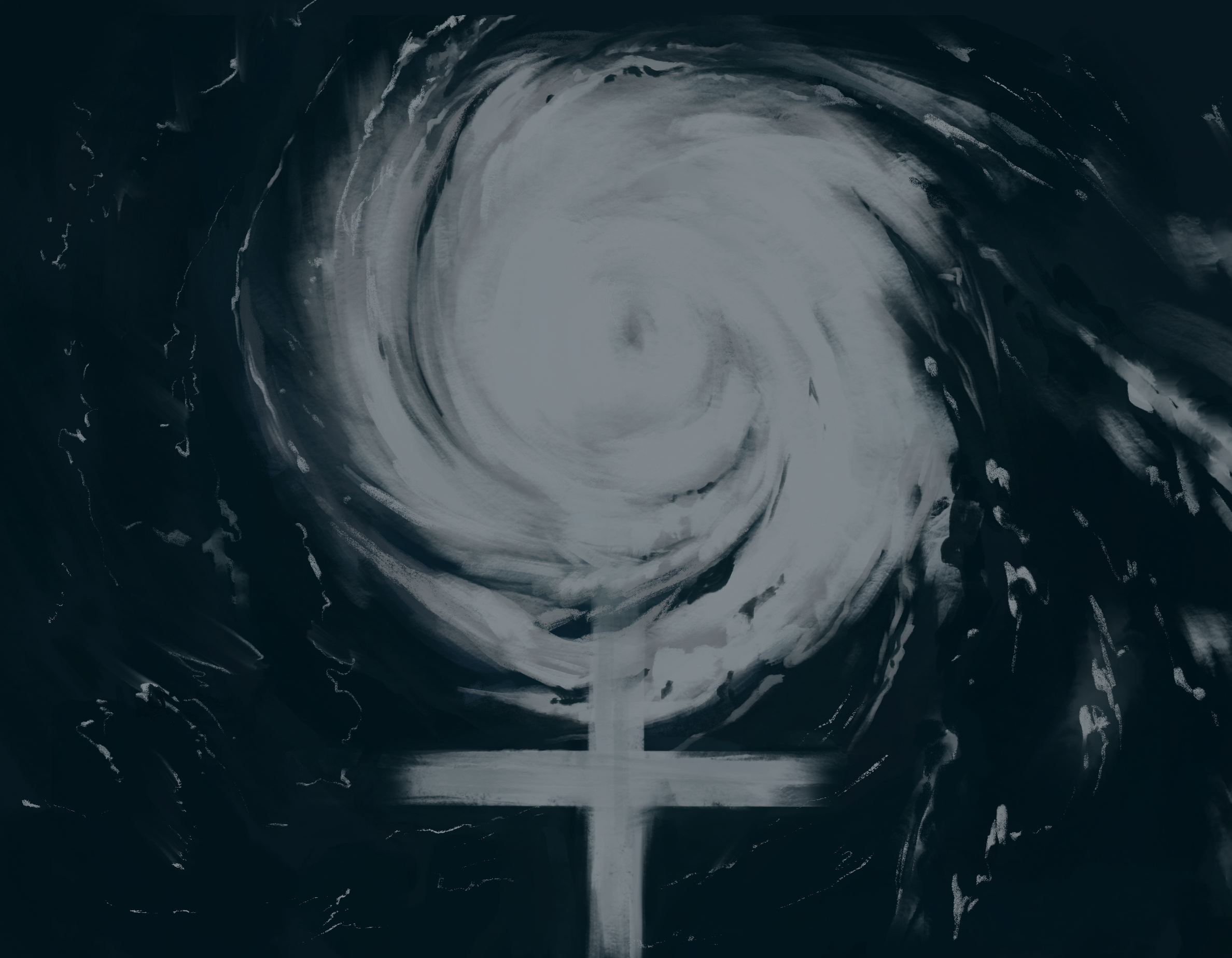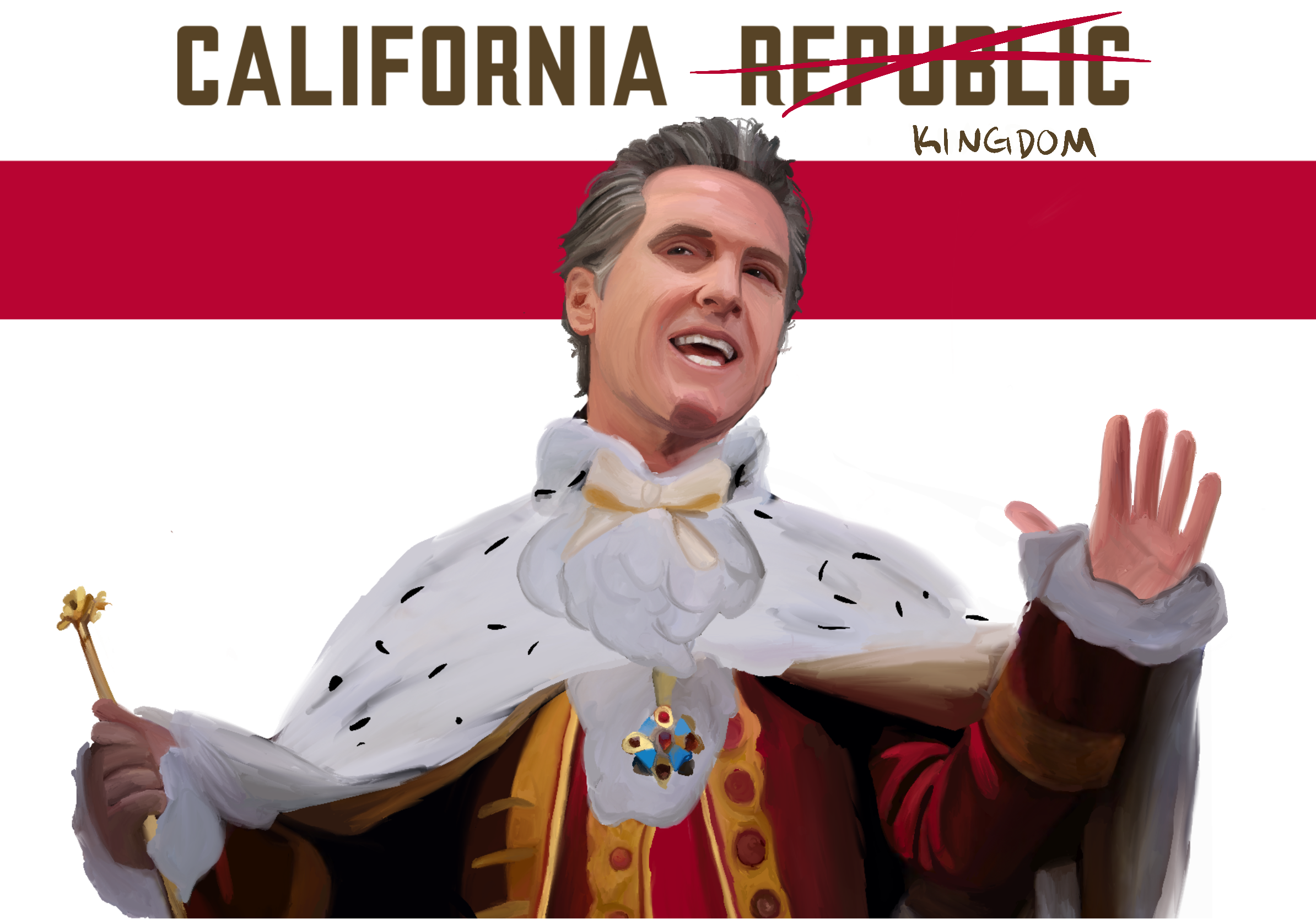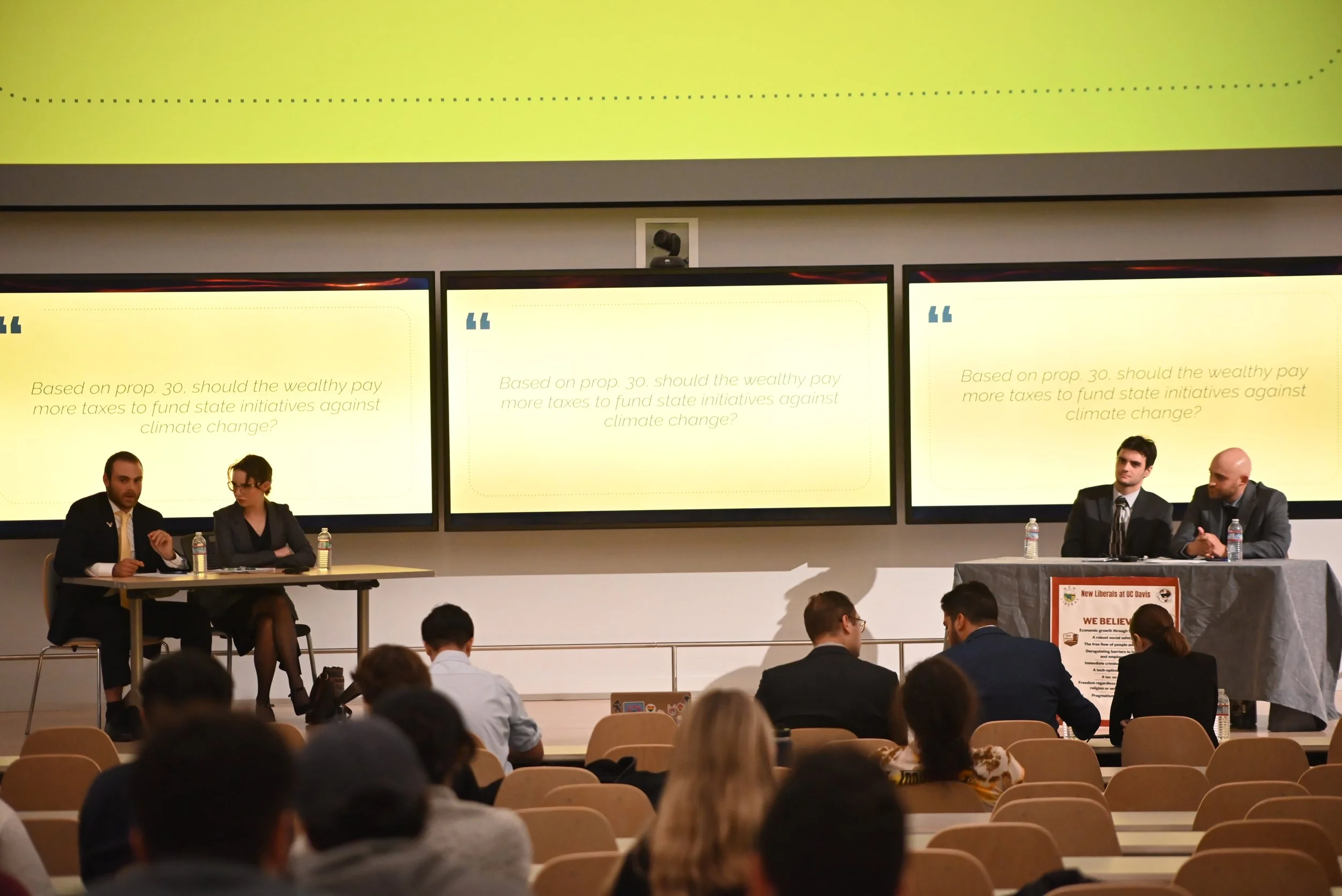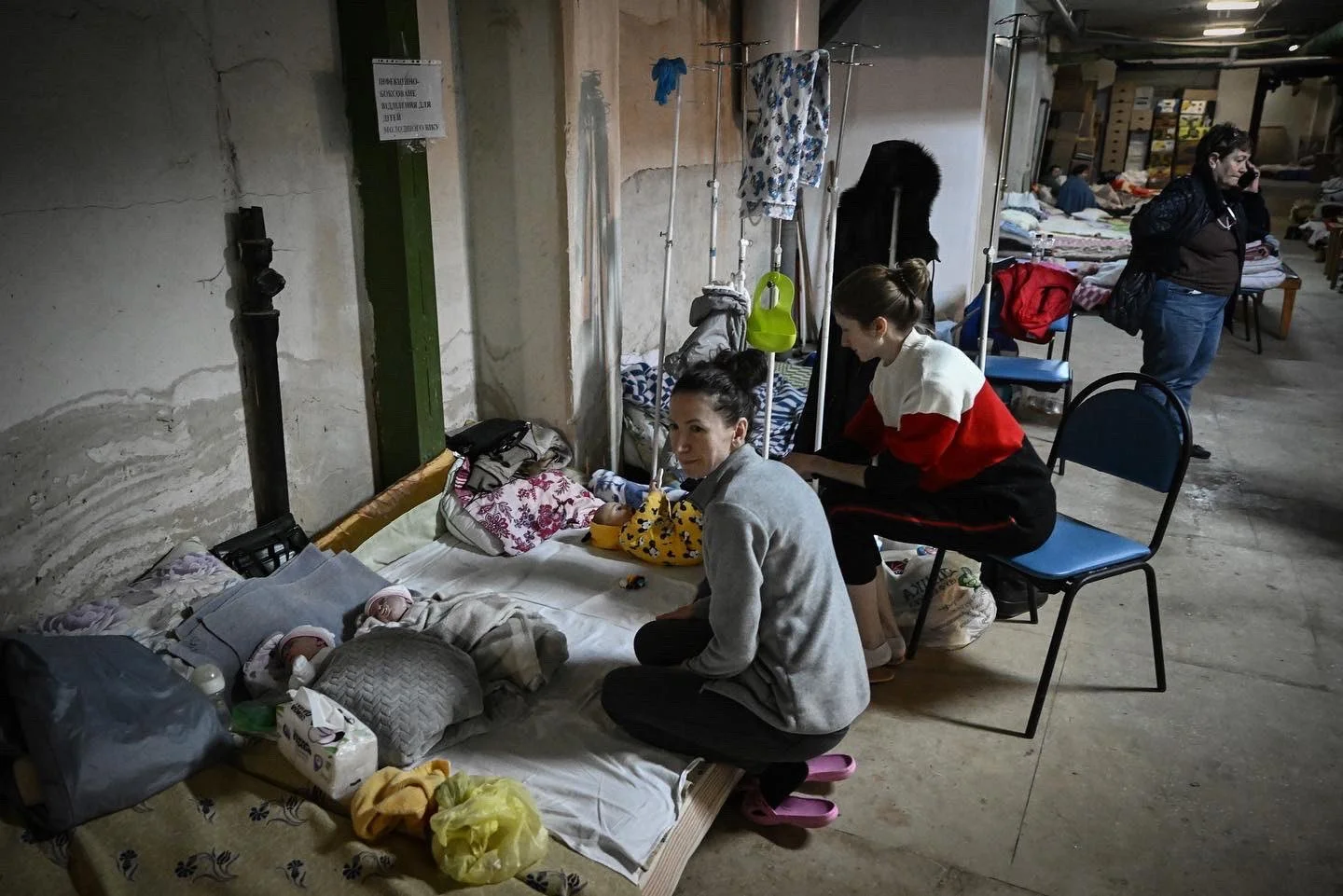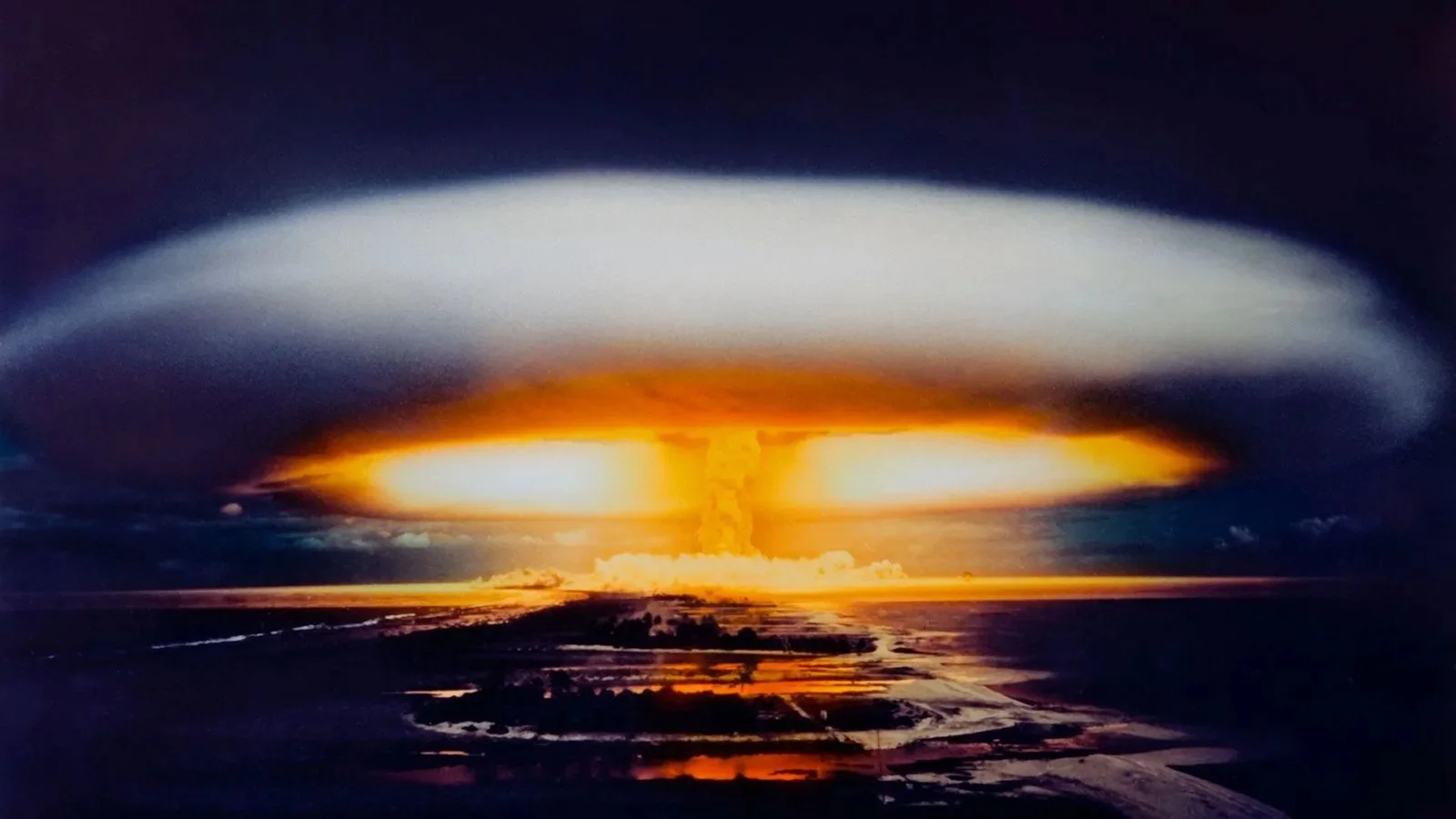California has experienced eight of the state’s largest wildfires in the last five years. To combat these fires, California has enlisted firefighters from out-of-state and sometimes other countries to fight these deadly wildfires. Another significant and often overlooked source of manpower against wildfires is the prison population. Since World War Two, California prisons and Cal Fire have run the Conservation Camp Program. The Conservation Camp Program trains eligible prisoners to become firefighters as a source of rehabilitation. The inmates undergo one week of classroom instruction and one week of field training and exercises.
Read MoreWhen expressing an idea or creating content, creators consciously and subconsciously reference artistic works and concepts that they’re familiar with due to our unavoidable encounters with creative content. Literary works run rampant with references to their predecessors, many classical artists were trained by mimicking their master’s work, political speeches often quote influential figures, and musicians often sample other popular songs. Free speech and expression in the modern era is innately referential. However, as of Oct. 2022, this referential nature is being put on trial in the case of Warhol v. Goldsmith;
Read MoreShall we play a game?
No, this is not a 1980s film about Mattew Broderick staving off nuclear disaster, but another age-old game that we have been playing since humanity existed: war. As with the board game with the same name, war involves risks, either taking them or accepting them based on the cards you are dealt. Unlike the board game, however, the fog of war clouds the capabilities of the enemy, and leaders risk either diving headfirst into a body of cool water, or solid concrete.
Read MoreFor decades, the governing system and regime in Iran have limited basic freedoms for women. In 1979, the Iranian Revolution installed a radicalized system of government, leaving the country with a militarized theocracy that controls and oppresses citizens. Due to the corrupt regime, Iranian women face harsh discrimination. Lack of freedom of expression, association, and assembly has left Iran’s citizens powerless. On Sept. 13th, 2022, a 22-year old woman, Mahsa Amini, was prosecuted for disobeying the headscarf regulation. Amini was brutally assaulted in jail, catalyzing thousands of Iranian’s to resist the regime through strikes and protests.
Read MoreCyber attacks are becoming an increasing threat to the international community and United States national security. Such attacks are no longer dominated by solo figures but have been increasingly sponsored by national governments as a new type of weapon in their arsenals. To understand why cyber weapons and cyber defenses are critical to our national security now and in the future, we must answer some key questions. Why are cyber attacks becoming increasingly attractive to governments, and what are their pitfalls?
Read MoreWithin the last week of Fall Quarter, professors have been rolling out updates about the final exams and end-of-quarter assignments in consideration of the UC-wide academic worker strike that has persisted since Nov. 14. In acknowledgment of unfair labor practices and low wages in relation to high cost of living, members of the academic union swept the California campuses, administrators’ homes, and Sacramento streets in the past month. A mass strike halts grading, discussion sections, and all regular functions that allow undergraduate students to receive grades and move on to the next quarter without financial or academic conflict.
Read MoreIt has been said that the sun never sets on the British Empire. Well, it’s beginning to look like dusk. The death of Queen Elizabeth II has sent many questions rippling through the UK and the world. What purpose does the monarchy serve? Why is the United Kingdom so important internationally? What does the future of the Commonwealth and Britain look like? The last question is the most prescient one to the UK and the world. To answer this, we’ll have to figure out what the Commonwealth is, what it does, who’s in it, and what its future looks like. Then, we’ll discuss the past, present and future of the UK, its economy, its politics, and how that will affect the Commonwealth at large.
Read More1917 marks the British announcement of Palestine as a home for the Jews through the Balfour Declaration. Five years later, in 1922, Britain was granted a mandate over much of the Middle East, and partitioned the region between themselves and the French. Britain and France now had chopped up Palestine, a region of the old Ottoman Empire after the first World War when Arabs struggled to find the strength and organization to push back against the British invasion.
Read More“Angry woman.”“A neurotic lady, if she could be called a lady.” “The worst-tempered brat.” “[She] shrieked like a woman in labor.” These gendered remarks are real descriptions of what people think of hurricanes. The language used to describe hurricanes and the gendered names associated with storms have caused a recent spark in activism to address the inherent sexual hierarchy prevalent in modern American society. Most recently, with Hurricane Ian, Floridians and residents of other southeast states were urged to prepare as national and local news sources hyperbolized their coverage of the storm.
Read MoreOn Sept. 28th, Governor Gavin Newsom signed into law AB 2011, greenlighting the conversion of derelict commercial spaces into housing, regardless of local government objections. The bill is the latest in a series of moves meant to tackle California’s ballooning cost of housing, limiting the power of cities and counties to micromanage or block new construction. That same day, Newsom gave his signature to AB 2097, eliminating parking mandates for developments near mass transit, and AB 2221, which specifies legal ambiguities surrounding what constitutes a ‘granny flat’, ending the ability of localities to deny their erection on arbitrary grounds.
On Oct. 30th 2022, Brazilians went to the polls for one of the most consequential elections in the country’s modern history. The two choices fittingly represent the troubles of the past decade, including a crippling recession, the impeachments of two sitting presidents, the jailing of another, the continuing destruction of the Amazon rainforest, and executive negligence during a deadly pandemic.
Ever heard of the Kennedys? The New England family, with a sweeping hand over state and national politics, the Brahmin social scene, and Boston banking industry, certainly made a name for themselves as one of the most prominent political families in United States history. From their presence at both Princeton University and Harvard College, within Franklin Delano Roosevelt’s Securities and Exchange Commission, to Jack being the 35th President of the United States, younger generations of Kennedys are practically guaranteed power and influence at birth.
Read MoreLast Saturday, the Davis Political Review hosted a public debate between the Davis College Republicans and the New Liberals club. The event was the first of its kind in Davis where student panelists questioned other students with differing perspectives on topics ranging from freedom of speech, campus violence, foreign policy, and inflation while providing them with a platform to civilly discuss their different opinions. We would like to thank the New Liberals club and the Davis College Republicans for their participation in this debate. As a nonpartisan organization, we in the DPR understand the value of our free speech, and most importantly the duty we hold to protect it.
Read MoreThe Russian invasion of Ukraine has placed the Russian Federation on center stage, with all eyes looking at the bear’s next steps. The Ukrainians are being bolstered by the European Union and the United States, under the guise of protecting national sovereignty and promoting democracy. The blatant disregard for the damages the West has caused around the world and the sudden interest in the well-being of a white nation is a testament to what the West actually cares about: their domination of global affairs. There was no international outcry for the atrocious war crimes committed in Iraq.
Read MoreThe romanticization of cities and nations in song, poetry, and literature has always fascinated me as I try to remain pragmatic and hopeful about the increasingly chaotic world we live in. I had always imagined that our grasp of beauty and exceptionalism was tied to our memories, experiences, and personal connection to a certain place. But if that is so, why do Americans in the Midwest yearn for visiting the romance of Paris? Why do young men in Lahore dream of experiencing the hustle and bustle of New York City?
Read MoreIn the Guapinol community in Honduras, the river that once supplied the local population with clean drinking water now supplies tap water that runs thick and muddy brown. Overzealous private security guards once gathered on the river banks to force away the protestors, but they were soon replaced with security forces from the Honduran government itself. And for two years, eight human rights defenders were trapped in arbitrary detention, with the future of the land they fought to protect still uncertain.
Read MoreContent Warning: Sexual Violence
On February 24th, Russia officially invaded Ukraine and the stories of violence, destruction, and chaos have spread internationally. Despite this, some of the most disturbing and heartbreaking stories, those of Ukrainian women and girls, have gone unreported.
Read MoreThe Cold War, the great power struggle between Russia and the US (and more broadly Western influence), is known to have ended in the late 20th century. However, with the recent actions and demands of Russia, this doesn’t seem to be the case. As the Russian-Ukrainian conflict has come into play, it seems as if the Cold War ideology has not been erased but rather has been festering, and now has been thrust into the spotlight once again.
Read MoreRussia’s invasion of Ukraine has given Germany’s political landscape a tremendous shake. New Chancellor Olaf Scholz’s honeymoon period in office ended before it even began. Scholz has come under tremendous pressure from both domestic political adversaries and foreign officials, notably including Ukraine’s ambassador to Berlin, for failing to increase German support of the Ukrainian military quickly enough.
Read MoreWhen nuclear weapons come to mind, there is often hysteria associated with them, the end of the world, destruction of the Earth, end of life as we know it. The public has a vague idea of what nuclear weapons are and what their purpose is in grand strategy, and it’s time to change that. The media consistently overplays the threat of nuclear annihilation, but since the inception of these weapons of mass destruction, they were only ever used twice.
Read More








